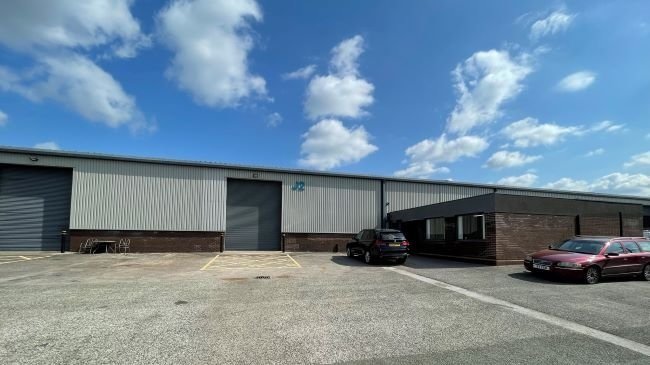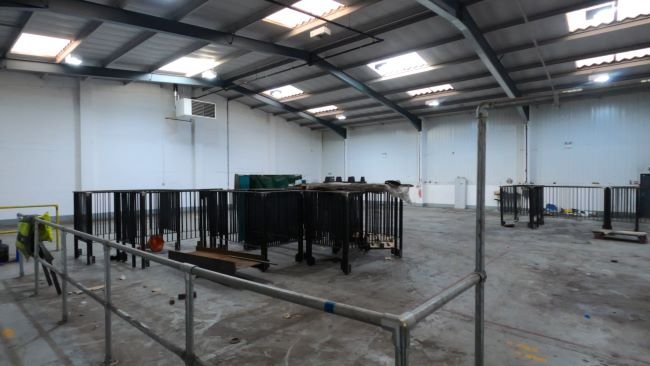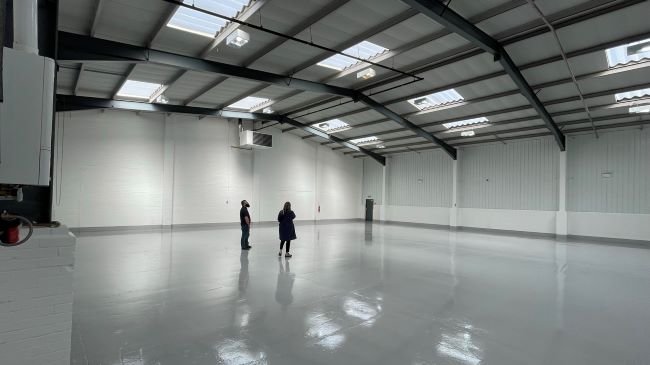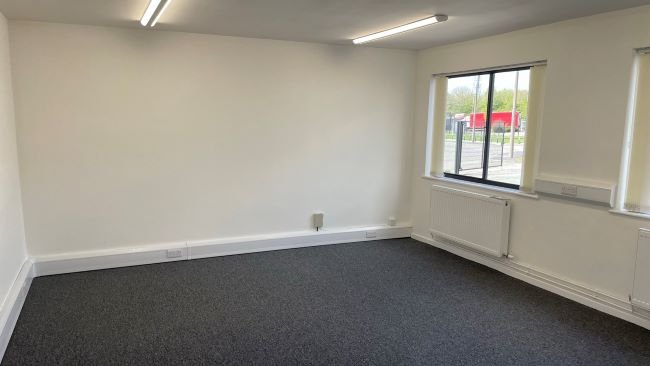Solicitors may be experts in the drafting of legal contracts, but they tend not be experts in the construction and pricing of buildings. That is why they often advise their clients to speak with a qualified surveyor such as ourselves before they acquire new premises.
Take the recent case of a rapidly expanding logistics company. This relatively new business specialises in temperature-controlled transportation for pharmaceutical companies. Unsurprisingly, its’ order book had grown significantly during the pandemic. So much so that it needed more space. After undertaking its own search it had managed to negotiate lease terms on an industrial unit owned by a well respected landlord.
The property in question had been left in a poor state by the previous tenant. The landlord planned to carry out a refurbishment and had offered what at face value appeared to be reasonable terms. However, the tenant’s lawyer was not so sure and asked TAG to carry out a review before any further commitment was made.
Having inspected the premises and reviewed the terms, we identified several issues which in our view posed unnecessary financial risks for the tenant. These risks represented tens of thousands of pounds worth of potential liability.
We made our recommendations and were then instructed to re-negotiate the terms in order to minimise these risks.
Here are a few examples of the types of protection we secured. Hopefully this helps to explain the value in taking professional property advice.
Break Option
The original terms were based on a five-year term. We were concerned that as a rapidly growing business, the tenant might outgrow the premises before the lease expiry date. The client felt the same but had been told that neither a shorter term nor a break option were available. Despite this, we managed to negotiate a Tenant only break option at the end of the third year. This will help the tenant to avoid an expensive double overhead if it needs to lease larger premises within the next 5 years.
Break Option Conditions
The operation of a break option is a technical and thus, risky process. It is therefore important to ensure that the conditions attached to the break option are kept to an absolute minimum otherwise there is a risk that the option could be invalidated on a technicality. After some initial resistance from the landlord, we managed to secure minimal conditionality for the tenant.
Security of Tenure
The original terms offered by the landlord stipulated that the lease would be excluded from the security of tenure provisions of the 1954 Landlord & Tenant Act. This ‘contracting out’ as it is termed, would have removed the tenant’s statutory right to renew the lease at the end of the fifth year.
We therefore went back to the landlord and through negotiation, managed to reverse its decision.
This means the tenant will now be able to renew its lease at the end of Year 5 should it wish to do so, subject to certain conditions laid out in the Act.
The provisions of the Act also ensure that there is a mechanism by which the terms of the new lease (including the new rent and the new lease term) will be agreed.
Repairing Obligations
The original draft of the lease obligated the tenant to replace old for new throughout the Premises. The definition of ‘Premises' included the roof which meant that the Tenant would have to replace it if it failed during the lease term. This was far too onerous an obligation in our opinion given that the building was undergoing a relatively light refurbishment which involved for example, repairs to rather than replacement of the roof.
We therefore re-negotiated the repairing obligations so that the tenant’s liabilities were instead limited to the physical condition of the ‘Premises’ at the start of the lease. This significantly de-risks the tenant’s liabilities.
In order to evidence the physical condition of the Premises at the start of the lease, an annotated Photographic Schedule of Condition report was prepared by TAG’s building surveyor shortly before the property was handed over. This report is now attached to the lease. This will provide a starting point for any future discussions relating to repair or re-instatement.
Legal Costs
The original terms stated that the landlord would be able to recover its legal costs if the transaction was aborted for any reason by the prospective tenant. However, it made no mention of the quantum of such costs or whether the tenant would be entitled to recover its costs if the landlord withdrew from the transaction. This seemed illogical to us.
We therefore managed to secure parity in relation to abortive legal costs. We also made the calculation of such costs subject to a test of reasonableness.
If you would like to learn more about our transaction due diligence services, please call Martyn Markland on 0161 457 1422 or email him at mm@tenantag.co.uk




